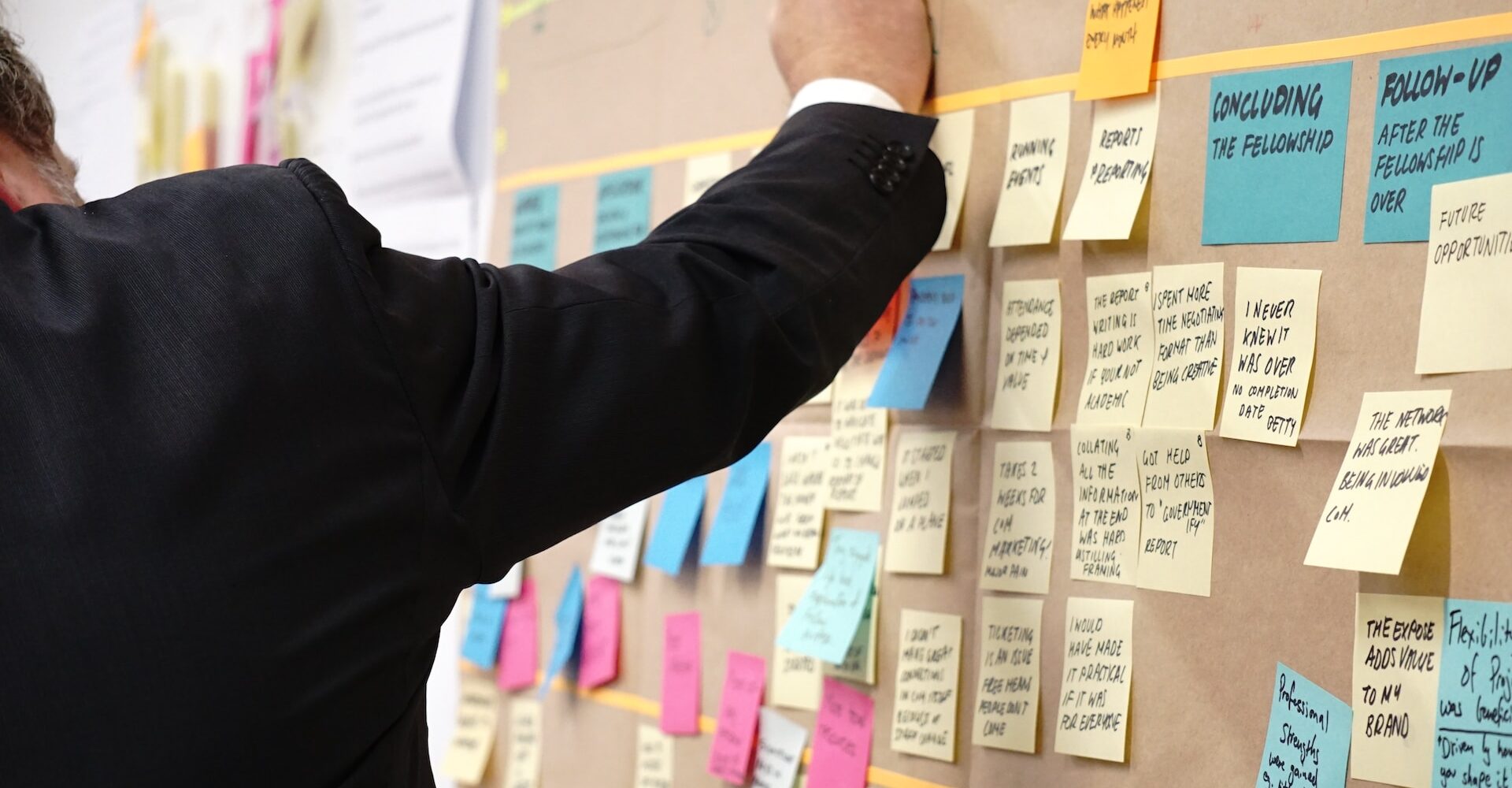NGOs play a crucial role in addressing global challenges and promoting social justice and sustainable development. They do this through implementing sustainable development projects in their area of operations. Consequently, the capacity of NGOs to manage projects effectively is not just an asset; it’s a necessity. While they strive to make a positive impact on society, the backbone supporting these efforts is robust project management.
According to a report by Orr Group, donations to philanthropic organizations will rise in 2024. This is made even more apparent by the high number of donations witnessed during US election years. More cash means more projects to implement. Therefore, there will be an urgent need to streamline projects and ensure they have the maximum impact. Project Management Training will be crucial in all this. Before we can look into why NGOs should prioritize project management training, we need to first understand what it is.
Contents
Understanding Project Management Training
Project Management Training is a specialized program designed to equip individuals with the knowledge, skills, and methodologies necessary to effectively plan, execute, and manage projects within predetermined timelines and budgets. While project management is synonymous with NGOs, its application cuts across different industries. Consequently, project management training is vital in sectors like business and services, technology, construction, and healthcare.
By upskilling, you can leverage project management tools and software, thereby gaining hands-on experience in project planning, tracking, and reporting. Ultimately, training not only enhances efficiency, productivity, and the quality of project deliverables but also fosters a leadership mindset crucial for successful project outcomes. It’s therefore not only about managing tasks; it’s about leading teams and achieving objectives effectively and efficiently. As projects become more complex and integral to organizational success, the value of skilled project managers will only rise.
Read Also: 4 Essential Skills for Project Managers
Why NGOs Should Prioritize Project Management Training
1. Project Management Training Would Help Align Mission and Execution
Like most organizations worldwide, NGOs often have visionary goals and missions. Therefore, are often driven by a strong, mission-oriented focus, aiming to create positive social or environmental change. They dictate why they do what they do and how they intend to achieve these goals. Crucially, the bridge between a vision and its realization is effective project management. Seeing as effective project management is synonymous with the mission of NGOs, training is crucial. Therefore, by prioritizing project management training, an organization can align its mission and project execution strategy. Moreover, team members who upskill in project management can align their daily tasks with the overarching objectives of the organization.
2. It Promotes Optimal Resource Utilization
Resources in NGOs, be it time, money, or manpower, are typically limited and come with a high expectation for impact. Moreover, they are highly dependent on donor funding which is inconsistent at best. This therefore creates a situation where NGOs have to make do with whatever little resource they may have. Consequently, there becomes an urgent need to promote optimal resource utilization. Project management training empowers teams to use resources judiciously, by prioritizing projects with the highest impact. By doing so, NGOs can achieve more with less, maximizing the impact of every dollar spent and every hour of effort invested, which is crucial for their sustainability and effectiveness. Additionally, this reduces wastage and maximizes output.
Read Also: Effective Budgeting Strategies for Donor-Funded Projects
3. Enhanced Accountability and Transparency
Unlike for-profit organizations, NGOs are entirely dependent on donors for funding. Consequently, there is a greater demand for transparency and accountability from donors and stakeholders. For example, stakeholders would want to know whether the projects launched are sustainable. Other donors also choose to fund only certain projects that fit certain ethical standards, for example, green energy projects. For this reason, effective project management is crucial. Training would help NGOs track progress, justify expenditures, and communicate outcomes effectively, thereby building trust and credibility. Additionally, training helps establish systems and processes for monitoring and evaluation. This includes setting clear metrics and milestones, regular reporting, and open communication channels.
4. Improved Risk Management
When we think of “Risk Management”, we think about organizations within the corporate and business world. Rarely do we imagine risk management to be a domain of NGOs. However, they operate in complex environments and often face risks that need to be effectively managed. These risks range from funding uncertainties and regulatory changes to operational challenges. When NGOs prioritize training, they equip their teams with the requisite skills to identify, assess, and mitigate risks proactively. This proactive approach to risk management means potential issues can be addressed before they become problematic, thereby ensuring smoother project execution.This is even more important in 2024 considering the uncertainty surrounding the political and business environment.
Read Also: Understanding Governance, Risk-Management and Compliance
5. Foster Collaboration and Teamwork
The nature of NGO work often requires coordination among diverse teams. This can even involve teams spread across different geographical locations. This is where project management training shines. It fosters collaboration and teamwork by teaching effective communication, conflict resolution, and cooperative planning skills. It helps in building a unified vision and ensures that all team members are working towards common goals, despite their different backgrounds and skill sets.
6. Meeting Deadlines and Achieving Goals
Timeliness is critical in many NGO initiatives, especially in scenarios like disaster relief or time-sensitive social campaigns. Project management training instills the ability to set realistic deadlines, prioritize tasks, and monitor progress to ensure timely completion of projects. This aspect of training helps NGOs not just to meet deadlines but also to achieve their goals with efficiency and effectiveness. Being able to deliver on promises within expected timeframes enhances an NGO’s reputation and reliability
Key Take-Aways
In conclusion, project management training is not just a supplement but a fundamental need for NGOs. It is the linchpin that holds together the vision, mission, and practical execution of plans. By investing in this training, NGOs can enhance their efficiency, impact, and credibility, ensuring that every project undertaken is a step closer to achieving their noble goals.
How Indepth Research Institute (IRES) Solves Your Project Management Needs
Are you ready to elevate your NGO’s impact through effective project management? Indepth Research Institute (IRES) offers tailored project management training courses specifically designed for NGOs. Our expert-led programs are not just about theories; they are a blend of practical insights and real-world applications. Enhance your team’s skills, optimize your resources, and achieve your mission with IRES. Join us today and transform your NGO’s project management capabilities for a better tomorrow.
I’m a passionate communications professional with a flair for crafting compelling brand stories and driving impactful communications and marketing campaigns. With a background in public relations (PR) and marketing, I help shape narratives in today’s fast-paced digital landscape.










Comment here